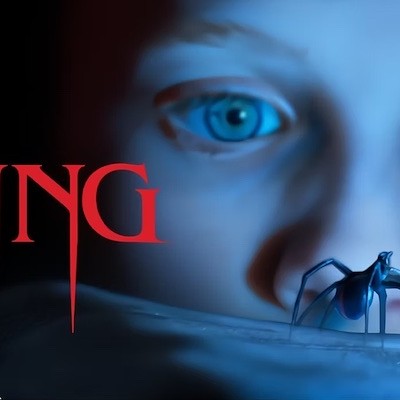How does a person get from Pasadena City College to Juilliard to become a Houston Grand Opera Studio Artist, go on to the Met in New York City as Lieutenant Ratcliffe in Billy Budd and then return to Houston to sing in one of the toughest operas in history?
For bass-baritone Ryan McKinny who had never even thought about becoming an opera singer, it was because a professor in that California city college told him he should seriously think about making it a career. And because once McKinny was introduced to opera, he fell in love with the art form.
He ended up transferring to Julliard, was a studio artist with HGO, lived in Germany and now after several roles around the country, he's back in Houston to sing the part of Kurwenal in Richard Wagner's Tristan and Isolde. He's been studying the part for years.
It's an effort that has sometimes defeated other good singers. When Wagner wrote this opera (it usually clocks in at around five hours), based on a well-known legend of the time, others thought it couldn't actually be staged because of its length and difficulty of the roles. And legend has it, it killed the first tenor who sang the Tristan role.
So why does it work? McKinny says never mind that the plot is convoluted and dense filled with potions and metaphors. It's the incredible music, the layered emotions that have made Richard Wagner's Tristan and Isolde such a great enduring work.
McKinny, who'll make his debut in the role of Kurwenal, the loyal companion to Tristan, says his character at first, appears to be nothing more than a simple man, "a loyal dog and the life of the party."
By the third act, however, it's a different person we see, one trying to give his dying friend hope while he himself is filled with sorrow, McKinny says.
HGO has also brought in as its leads, two singers known for their mastery of this repertoire: Canadian tenor Ben Heppner and Swedish soprano Nina Stemme, who will be making their HGO debuts.
"Wagner's operas really a lot of what are about is showing how people interact on the surface while at the same time, this music that happens underneath particularly the orchestra shows the real feelings, and emotions and thoughts and troubles and joys," McKinny says.
And in some sense, he says, it's fascinating to him that such a "broken man" as Wagner, was able to write such sublime music. "There's something appealing to me that a man who obviously had so many issues as a person can write this music that quite often gets done to the kernel of truth about what human beings are."
Before he understood opera, McKinny says he thought it was just about "people hollering at the top of their lungs out there, horns on their heads and breastplates. Now I feel like it's the ultimate art form. It requires every kind of performance art there is.
"The experience of having several thousand people listening at once to a voice coming through the air at them with no amplification, especially with something like Wagner, can be a really transcendent experience."
Performances of Tristan and Isolde (please note the earlier start times) are 6:30 p.m. April 18, 24, 27 and May 2; 2 p.m. April 21 and May 5. at the Wortham Theater Center, 500 Texas. For information, call 713-228-6737 or visit houstongrandopera.org. $15 to $386.






